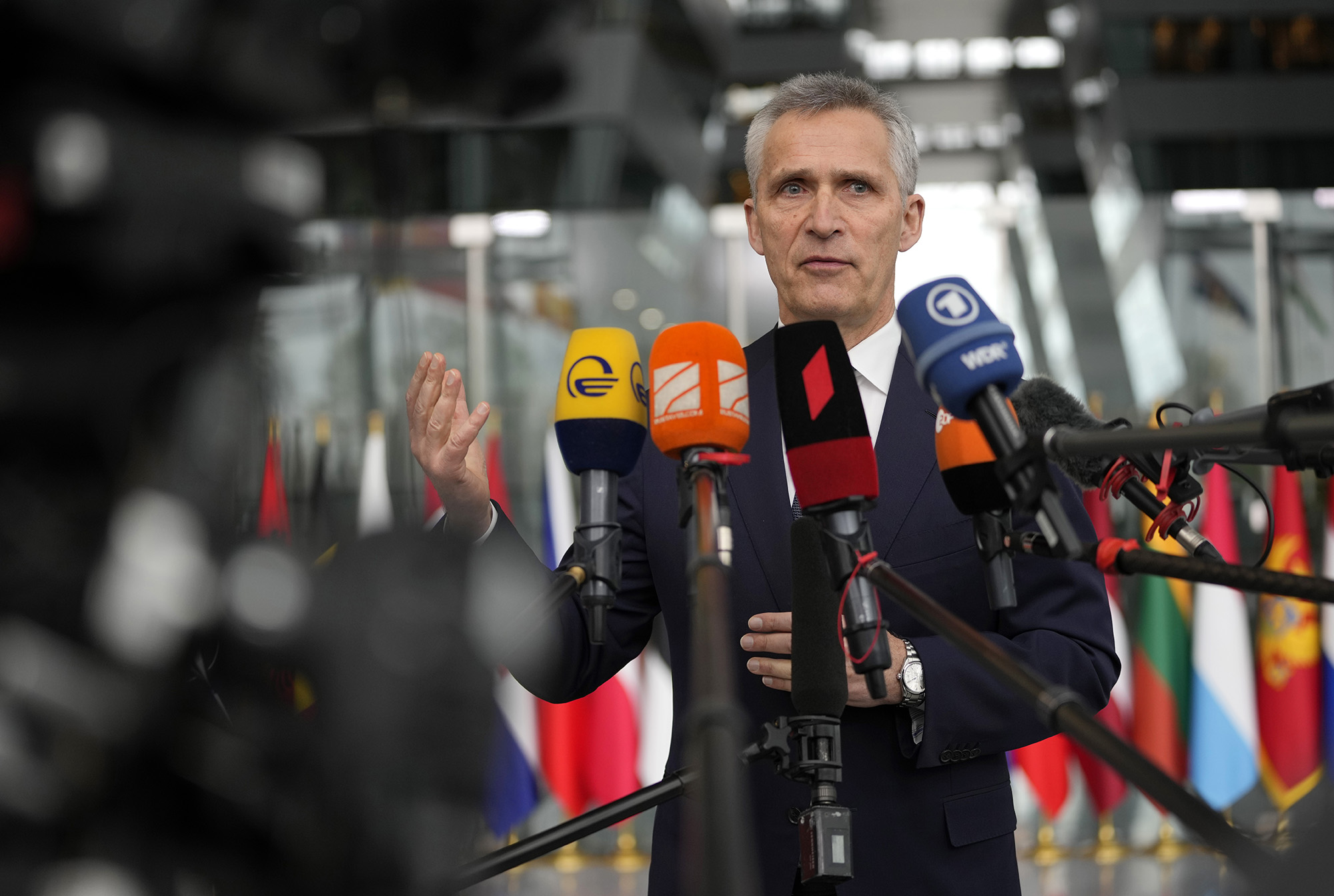The Netherlands has detained 14 super-yachts with Russian ownership, frozen 516 million euros ($563 million) assets and blocked 155 million euros ($169 million) in transactions as part of the sanctions imposed on Russia following its invasion of Ukraine, Dutch Foreign Affairs Minister Wopke Hoekstra said Wednesday.
In a letter to the Dutch Parliament, Hoekstra explained 12 yachts were currently under construction at five shipyards in the Netherlands for “so-called Russian ‘ultimate beneficial owners.’”
While some of the owners do not appear on the European sanctions list, “due to the current export measures, these vessels are not allowed to be delivered at the moment,” he said, adding that “the ownership structures of these yachts are under further investigation.”
In addition to those 12, Hoekstra said two yachts under maintenance at Dutch yards had been placed under stricter customs supervision, and “the relationship of one of these yachts to a person named on the European sanction lists is being investigated.”
Since the first sanctions were introduced, “almost 30,000 containers in transit to Russia/Belarus have been stopped,” at the Port of Rotterdam, and they were investigated to “determine whether they fall under the sanctions measures,” he added.
Of those investigations approximately 5,500 containers have been held on suspicion of containing luxury goods with a value of 300 euros ($350) per item. “If that is the case, these goods may not be sent to Russia/Belarus,” said Hoekstra.
Dutch customs officials have also made 3,300 checks on cargo shipments. Following investigations, nine shipments were held as they included, “parts for diesel engines, equipment for the oil industry and cryptographic goods (data security),” noted Hoekstra, adding that, “these goods are returned to the exporter and therefore not to the originally specified destination.”
